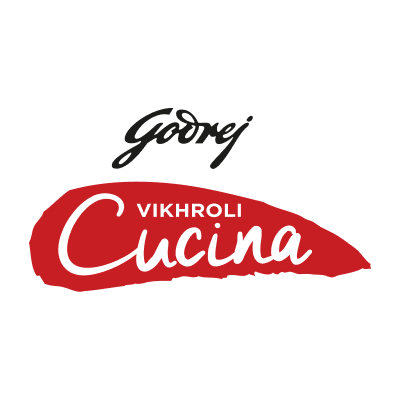
Exploring vinegar’s cool avatars
The potential of vinegar is unlimited, and a variety of speciality ones are gaining favours

Do you know that vinegar—the ubiquitous ingredient in our kitchen—acts as a digestive aid and a preservative alike? The story goes that when a forgotten wine was left in storage for several months, it fermented and turned sour. The acidity of vinegar enhances the flavour of food, especially when it is added to salad dressings, marinades, sauces, mayonnaise, and ketchup. Right now, with our continued appetite for fermented foods, as predicted by Godrej Food Trends Report 2021, the tangy taste enhancers are having their moment. The range includes balsamic, raspberry vinegar, rice and apple cider vinegar, to name a few. Here’s looking at a few varieties of this kitchen staple.
Balsamic vinegar
Traditionally, Balsamic vinegar comes from the wine-producing region of Modena, in the northern region of Emilia-Romagna, Italy. Balsamic is darker, sweeter and thicker than red wine vinegar. There is much more to balsamic than you might think—a spoonful of balsamic vinegar was earlier used as a tonic and an elixir. A basic balsamic vinegar is used for dressing a salad and is characterised by sweetness balanced by acidity.
Top tip: Try drizzling it over ricotta; use it as dressing in a fruit salad; sprinkle on spinach and pasta; or use it to marinate fish and poultry.
Coconut vinegar
A staple in Southeast Asian cuisine, this one is rapidly gaining popularity because of its natural health benefits. Coconut vinegar is made by fermenting coconut water or the translucent liquid inside coconut shells. It has a milder taste, loads of nutrients and several health benefits. It is one of the key souring agents in Goan cuisine and lends its unique flavour to dishes like vindaloo and sorpotel.
Top tip: Add coconut vinegar in mango curry featuring green mangoes, soups, sauces and stocks; drizzle on fish like salmon or use it in pickles.
Orange vinegar
Peel the zest of oranges with a sharp paring knife and push them through the mouth of a vinegar bottle. Allow the zests to infuse the white vinegar for a week before use. The oils and aromas from the orange peels elevate the whole infusion.
Top tip: This one makes a super quick and easy salad dressing! You can also use it as a delicious marinade along with grated ginger, dried herbs and chilli flakes for grilled chicken or fish
Herb vinegar
Lightly crush dried herbs and garlic cloves and steep these in good quality vinegar for a couple of weeks. Once the taste of the vinegar is to your liking, strain into a clean bottle and discard the used herbs. Tightly cover the bottle and store it in a cool place.
Top tip: Perfect for marinating tofu and potato salad dressings.
Rice vinegar
This is the sweetest and most delicate vinegar you can use in cooking. One has to ferment the rice in water to produce alcohol. This is then fermented into acetic acid. The entire process results in a lightly sweet and sour liquid that adds a little extra zing to a number of dishes like sushi, homemade pickles and fresh slaws.
Top tip: Use it to flavour any dressing that combines with other ingredients like sesame oil, soy sauce and ginger for a strong taste, add it to cooked sauces and for marinating chicken.
Do you know of any other speciality vinegar? Tell us in the comments section below.
Tags
0 Comment
You may also like
-

Tips & tricks Party plates: The finger foods everyone grabs first
by Vikhroli Cucina
-

Tips & tricks 6 tiny baking errors that wreck your dessert
by Vikhroli Cucina
-

Tips & tricks Ditch Starbucks: The ultimate DIY Pumpkin Spice Latte hack is here
by Vikhroli Cucina
-

Tips & tricks DIY 15-minute Yummiez platter for a fun Children's Day bash for busy parents
by Vikhroli Cucina
